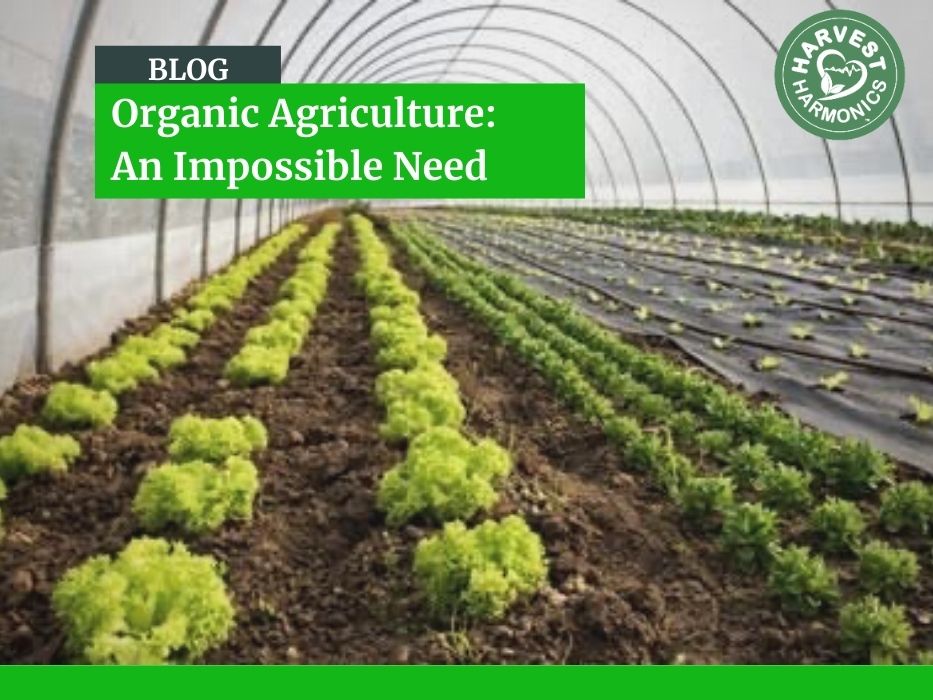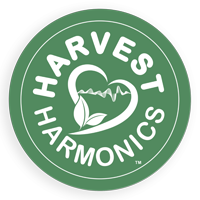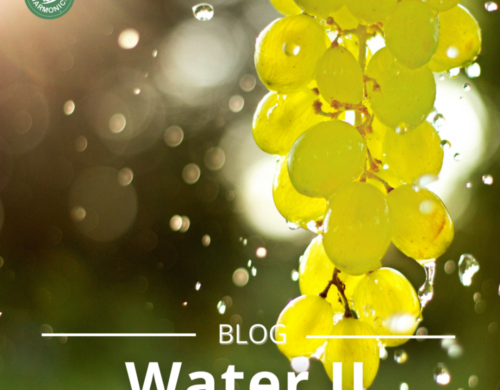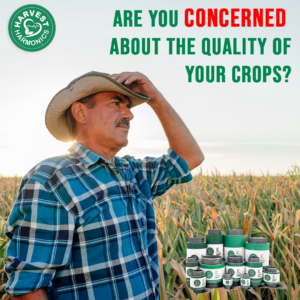Organic Agriculture: An Impossible Need

Among the most significant demands and mandates that are being received by research institutions, technology transfer centers, municipal organizations, non-governmental organizations and international cooperation agencies, is the development and transfer of appropriate technology. for food production in cities or their peripheries. Within this context, the generation and application of appropriate and sustainable technologies acquires, in light of the current challenges of mega-urbanization, urban poverty, malnutrition and food insecurity, a critical and urgent importance.
Urban and peri-urban agriculture (UPA) must be conceptualized as an integral and coexisting part of the complex mechanism of food supply and distribution in urban centers, requiring mechanisms for the adoption and implementation of intensive horticultural production processes aimed at self-consumption and / or market.
From the perspective of FAO, organic agriculture comprises a holistic production management system that promotes and improves the health of the agro-ecosystem and in particular biodiversity, biological cycles and soil biological activity requiring technologies, based in verified technical scientific information that allows appropriation and expansion.
Organic agriculture, seen as a coexisting component with other forms of agriculture at the urban and peri-urban level, is beginning to attract the attention of many countries, especially in the face of the reduction of government support for credits to agricultural inputs and technology transfer. For this to be promoted and concrete, it is necessary to propose a diversification approach in organic systems, in turn increasing the stability of ecosystems, protecting the environment, the safety of human health, and adapting to the socioeconomic conditions that they prevail in marginalized sectors of large urban and peri-urban areas. This process must be based on proven technical guidelines in a process of coexistence with guidelines that come from sustainable agriculture, soil conservation agriculture, integrated crop and pest management, and biotechnology applications, especially in the control of abiotic limitations. and biotics that are influencing the productivity and safety of the products.
Sustainable organic agriculture poses new challenges to countries and their institutions especially in the possibility of contributing to the quality of the environment, income generation and food security. An informed, science and technology-based decision regarding organic agriculture must be integrated into a range of sustainable agricultural and horticultural options supported by research and extension to support business opportunities at national and international levels.
Organic agriculture offers the opportunity to combine traditional knowledge with modern biological, genetic and molecular science, new and innovative production technologies to provide business opportunities that allow income generation and a greater contribution to self-supply of food.
It is a priority activity to strengthen and disseminate appropriate technologies for organic agriculture at the level of urban and peri-urban conditions. The manual focuses with criteria of solid scientific bases, vital aspects of fertility and soil management, biological and natural control of pests and diseases, genetic improvement and seed production, and aspects of
horticultural, fruit and animal management and their commercialization, for normal conditions of the countries of the region. The proposal considers conducting an exhaustive review of national and international literature incorporating previously unpublished information within a broad context of sustainable organic agriculture not subject to dogmatic limitations in its technical applications and open to coexistence with other forms of sustainable agriculture.
The manual is an integral part of a technology transfer process aimed at urban and peri-urban agriculture that is being developed by the FAO Regional Office for Latin America and the Caribbean, which includes production options linked to conventional orchards with minimal application of supplies; hydroponic micro gardens; organic gardens and home gardens, as well as the raising of small animals in regulated conditions with respect to health and current municipal regulations.
Aware that the organic production methods to be chosen by urban and peri-urban farmers depend on agroecological conditions and the availability and cost of the basic input of organic matter, it is very important to analyze the bases for a sustainable production at the level. from organic orchards. This vision should include the use of local varieties and improved varieties by governmental and academic research institutes including the future feasibility of incorporating improved varieties through the application of modern biotechnology in aspects such as resistance to insects, fungi, bacteria and other biotic and abiotic agents as well as the improvement of their nutritional quality.
Urban and peri-urban organic agriculture should not be limited by commercial or fundamentalist conceptualizations, promoting in turn the application, based on published and verified scientific information, of comprehensive multicultural management comprising crop rotations, cover crops, fertilizers from natural sources, the use of composted organic materials and zero-tillage technologies to improve soil fertility and structure. In the aspects of control of insects and other pests, the focus should be placed on the use of biopesticides, plant extracts and the use of varieties improved by resistance through the application of biotechnology to genetic improvement. Organic agriculture for urban conditions must allow a harmonious coexistence of technologies, primarily seeking the self-supply of safe food to the many marginalized urban and peri-urban populations and promote the eventuality of income generation through self-management. This approach is both a challenge and a revolutionary idea.
Press Room

Agricultural Technology for Farmers in India
Harvest HarmonicsTM New Biophysics Agricultural Technology For Farmers In India The Agricultural Biophysics technology, 20…
1

Organic Earth Tech, OETI, Launches One Million Dollar Technology
After hurricanes Maria and Irma, Puertorrican farmers are yet to receive the needed aid to recover. Organic Earth Tech…
0

Produce More From Less
CEO Harvest Harmonics Frank Arlia speaking at Replenish. Earth interview by Tia Kansara – London Climate Action Week. How…
0

Replenish Earth and the Environmental RE Talk Series
Replenish Earth and the environmental RE Talk Series event that reunited the top thinkers in the world Harvest Harmonics…
1
Related Posts
2024 India Just Agriculture Frank’s presentation
https://www.youtube.com/watch?v=g_4vdtXBVsA&ab_channel=HarvestHarmonics The Crop Booster by Kyminasi Plants consists of...


